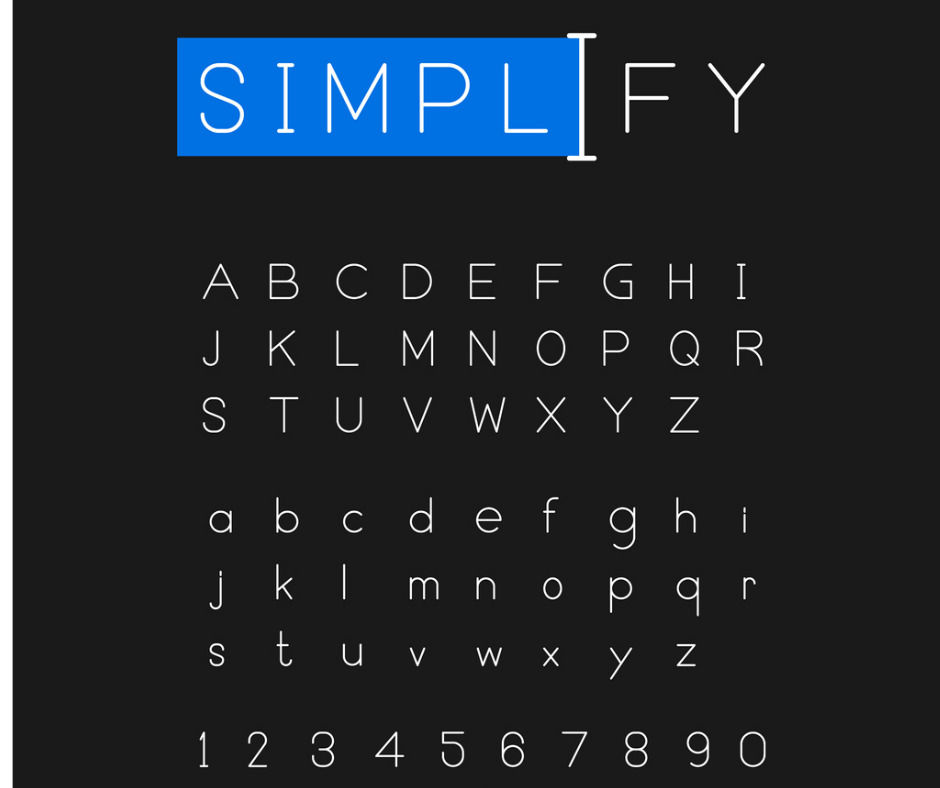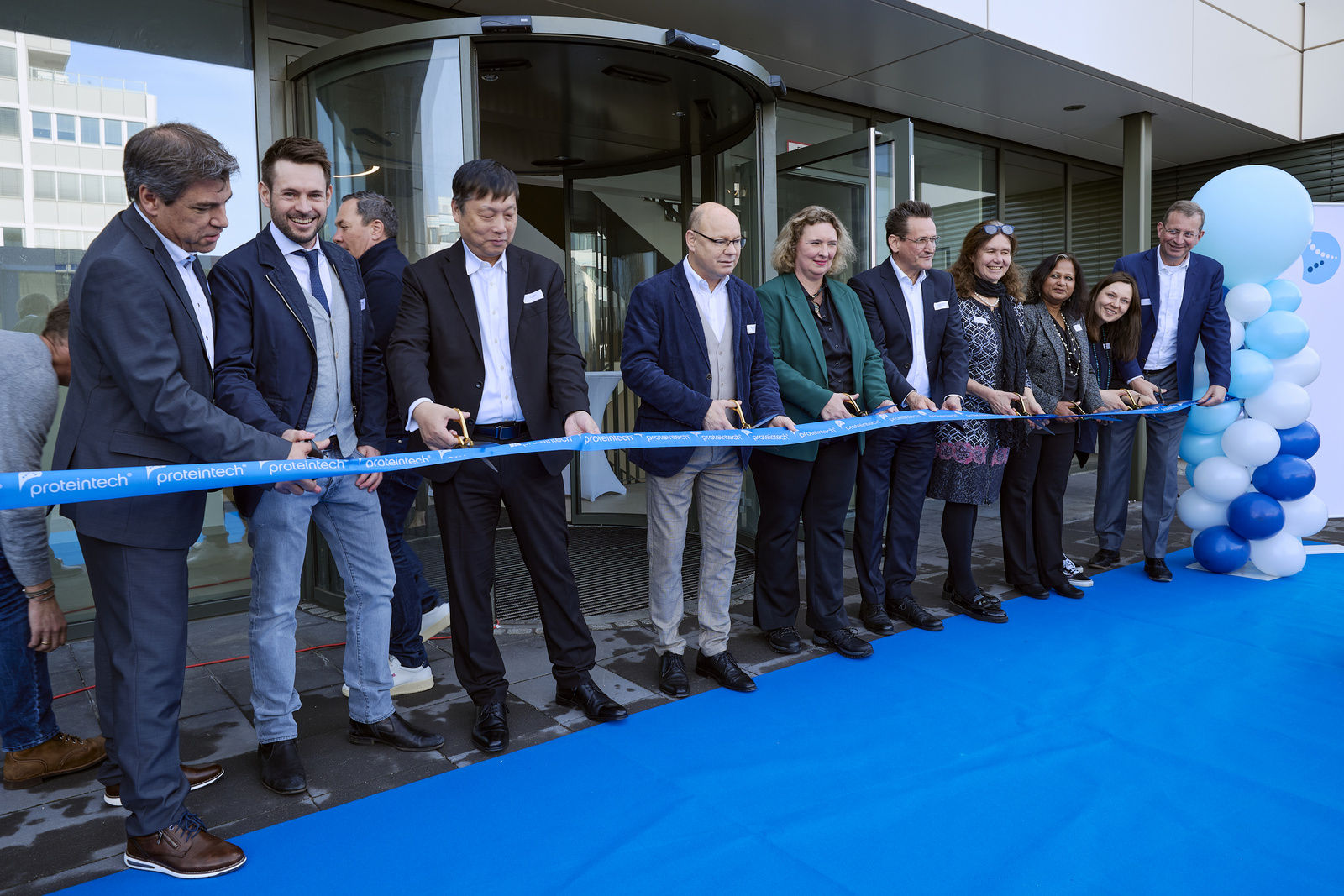- Startseite -
- Digital Bavaria -
- Blog #bytevaria - Digital future: block chain projects in Bavaria
Digital future: block chain projects in Bavaria
Everyone has been talking about blockchain since mid-2017 at the latest when the hype surrounding the Bitcoin crypto-currency caused a sensation. The idea behind it has already existed since the 1990s and its potential goes far beyond the monetary area. It is no coincidence that the technology is being promoted on a cross-industry basis and integrated into the existing infrastructure in highly innovative Bavaria: an opportunity for numerous aspiring companies.

The idea behind the blockchain is to chain records, so-called blocks, together in such a way that they record the respective record’s history comprehensibly and rule out any manipulation: this means, authenticity, order, and completeness can not be changed from the outside.
The best known application of this technology is the Bitcoin currency. The Bitcoin blockchain is a database where all the transactions are stored, similar to a huge cash book. It records all the who, when, how many Bitcoins and to whom information for all transfers. Each of these transactions forms a block. And each of these blocks is signed with a hash code, a string calculated by a hash function. As the hash codes of successive blocks are linked together in a chain, manipulation, in the case of Bitcoin the theft or misuse of coins, becomes impossible.

Even though crypto-currencies may remain the prime example of the use of blockchains for the time being in public perception, many other industries around the world are preparing to use the technology. For example, the blockchain revolution is already taking effect on evolved economic sectors such as international trade, the tourism industry, data privacy issues, the health and insurance system, logistics, airlines, car manufacturers, the energy industry and many more.
Bavaria is establishing itself as a leading research centre in terms of blockchain
This is opening up numerous opportunities for emerging digital companies: Bavaria promises particular potential suggested by its numerous initiatives and its growing industrial and digital infrastructure for the development of blockchain projects. Synergies can be particularly exploited here through cross-industry innovation. For example, Bavaria has been on the offensive in the field of research across sectors for many years.
Fraunhofer Blockchain Lab (Augsburg/Bayreuth)
In cooperation with the Universities of Bayreuth and Augsburg, the Fraunhofer Blockchain Laboratory works in a multidisciplinary manner on the design, development and evaluation of blockchain solutions. In doing so, it explores cross-sector goals such as process-related risk or cost reduction as well as automation options.
TUM Blockchain Research Cluster (München)
Disciplines across the university’s numerous faculty chairs are involved in the Technical University of Munich's Blockchain Research Cluster to research all possible technological, economic, legal and social issues related to blockchains.
The globally active Blockchain Insurance Industry Initiative B3i focuses on the development of specific applications. The B3i, based at Munich's Werk1, focuses on the use of blockchain technology in the insurance industry. The main focus is on the development of blockchain prototypes for use in (re)insurance agreements.
Blockchain projects by Bavarian economic players are booming
And it’s not just research that is increasingly working on the potential of blockchain in Bavaria. Bavarian economic players are already using the technology or planning its implementation.
Audi, for example, uses the IBM-developed blockchain platform Batavia to sell its cars. And Siemens is also digitizing its trade financing business with the help of the blockchain, which mainly affects bank guarantees in foreign trade. In addition, there are projects that feed excess electricity into local grids in the energy industry using MicroGrid Control solutions and generate their income directly from the customers. Another example is the car maker BMW, which is involved in the international Mobility Open Blockchain Initiative (Mobi) and the Blockchained Mobility Hackathon to develop future-proof Blockchain mobility solutions and launch them on the market. These projects and collaborations show that the expertise in blockchain already exists in Bavaria today and the Bavarian economy is open to this technology.
The fact that these numerous initiatives in Bavaria fall on fertile ground, is also related to the policy that places this topic right at the top of the agenda: besides defining digital rights and maintaining network neutrality and topics such as AI or start-up funding as well as extensive nationwide network expansion, the Bavarian government is focusing on the subject of blockchain too. The plan is therefore to develop an overarching Bavarian blockchain strategy. It will also be examined to what extent the teaching of the necessary basics in the new technology can and must be incorporated into Bavarian curricula.
This will lay the foundations for the digital future of Bavaria, but above all for all Bavarian companies and start-ups in comparison with Germany and the rest of the world. A recent study by the Swiss company BlockState shows that Bavaria is well on the way to doing this: the study identified 28 blockchain start-ups in total in Bavaria, which meant second place in a nationwide comparison.

Our ABCs of Funding: Find the most important information about funding!

How Companies are Mastering Today’s Challenges with Resilience

